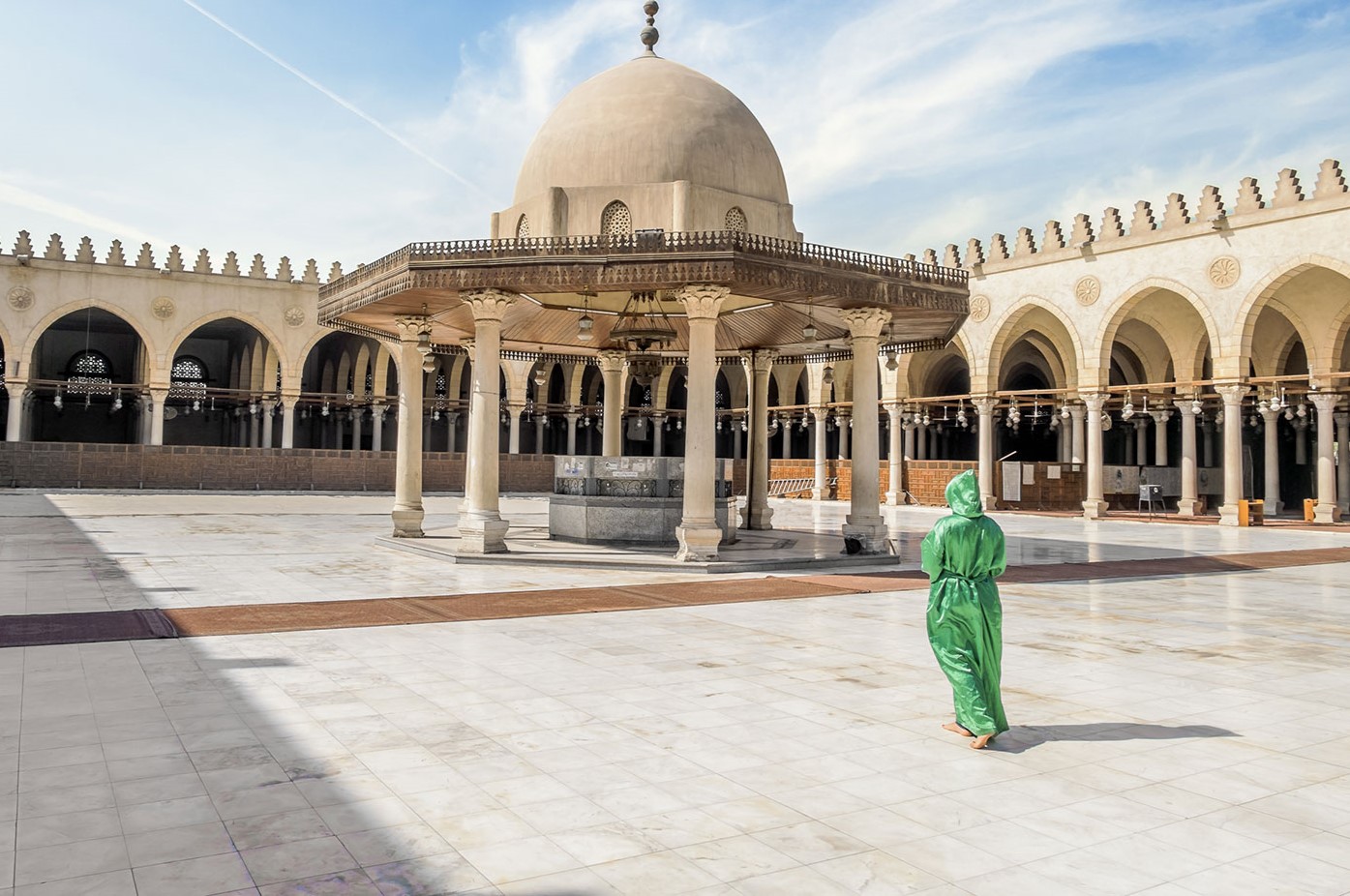
Did you know that the Amr Ibn Al-As Mosque is the first mosque ever built in Egypt and all of Africa? This ancient marvel, constructed in 641-642 AD, stands as a testament to early Islamic architecture and history. Located in the heart of Old Cairo, it has witnessed centuries of change, from the rise and fall of dynasties to the bustling modern city that surrounds it today. The mosque's design has evolved over time, reflecting various architectural styles and renovations. Whether you're a history buff, an architecture enthusiast, or simply curious about Egypt's rich cultural heritage, the Amr Ibn Al-As Mosque offers a fascinating glimpse into the past. Ready to uncover more intriguing facts about this iconic landmark? Let's dive in!
Key Takeaways:
- The Amr Ibn Al-As Mosque is a historic symbol of Islamic heritage in Egypt, built in 641-642 AD by the commander who led the Muslim conquest of Egypt. It has undergone numerous renovations and expansions, reflecting various architectural styles.
- The mosque's architecture is a blend of different styles, showcasing the evolution of Islamic art and architecture. It holds a special place in the hearts of many Muslims and is still an active place of worship and a popular destination for tourists and pilgrims.
History of Amr Ibn Al-As Mosque
The Amr Ibn Al-As Mosque is one of the oldest and most significant mosques in Egypt. It has a rich history that dates back to the early days of Islam.
- The mosque was built in 641-642 AD by Amr Ibn Al-As, the commander who led the Muslim conquest of Egypt.
- It was the first mosque ever built on the African continent.
- Originally, the mosque was a simple structure made of palm trunks and mud bricks.
- Over the centuries, it has undergone numerous renovations and expansions, reflecting various architectural styles.
Architectural Features
The mosque's architecture is a blend of different styles, showcasing the evolution of Islamic art and architecture.
- The original mosque had no minaret, which was added later during the Umayyad period.
- It features a large open courtyard, a common feature in early Islamic architecture.
- The mosque's prayer hall is supported by numerous columns, many of which were repurposed from ancient Egyptian and Roman structures.
- The mosque's mihrab (prayer niche) is intricately decorated, showcasing the artistry of the period.
Cultural and Religious Significance
Amr Ibn Al-As Mosque holds a special place in the hearts of many Muslims and is a symbol of Islamic heritage in Egypt.
- It served as a community center, court, and school in addition to being a place of worship.
- The mosque was a focal point for the spread of Islam in Egypt and North Africa.
- It has been a site for many important religious and political events throughout history.
- The mosque is still an active place of worship and a popular destination for tourists and pilgrims.
Renovations and Restorations
The mosque has seen many changes over the centuries, each adding to its rich tapestry of history.
- The first major renovation took place in 827 AD under the Abbasid Caliphate.
- During the Fatimid period, the mosque was expanded and given a more elaborate design.
- In the 14th century, the Mamluks added a new minaret and other architectural features.
- The most recent restoration was completed in the 20th century, ensuring the mosque's preservation for future generations.
Final Glimpse at Amr Ibn Al-As Mosque
Amr Ibn Al-As Mosque stands as a testament to history, culture, and architectural brilliance. Built in 641 AD, it’s the first mosque in Africa, symbolizing the spread of Islam. The mosque's simple yet elegant design reflects early Islamic architecture, with its open courtyard and hypostyle hall. Over centuries, it has undergone numerous renovations, each adding layers to its rich history. The mosque also served as a community center, hosting scholars and students. Despite modern Cairo's hustle, it remains a serene place for reflection and prayer. Visiting this mosque offers a unique glimpse into Egypt's past and the early days of Islam. Whether you're a history buff or just curious, Amr Ibn Al-As Mosque is a must-see. Its enduring legacy continues to inspire and educate, making it a cornerstone of Cairo's cultural heritage.
Frequently Asked Questions
Was this page helpful?
Our commitment to delivering trustworthy and engaging content is at the heart of what we do. Each fact on our site is contributed by real users like you, bringing a wealth of diverse insights and information. To ensure the highest standards of accuracy and reliability, our dedicated editors meticulously review each submission. This process guarantees that the facts we share are not only fascinating but also credible. Trust in our commitment to quality and authenticity as you explore and learn with us.


